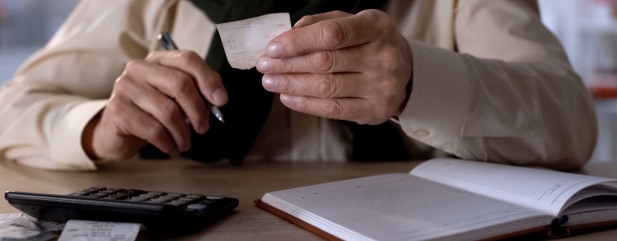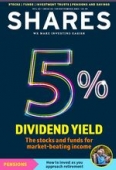Archived article
Please note that tax, investment, pension and ISA rules can change and the information and any views contained in this article may now be inaccurate.
Shock amid state pension setback and tax hikes

Pensioners, workers and businesses across the country will be affected by the Government’s plans to raise more money to fund health and social care. Specifically, investors will be hit by changes to the state pension and tax rates on dividends.
The triple lock on pensions will become a double lock for 2022/23. Currently the state pension rises each year by the higher of average earnings, prices as measured by the CPI rate of inflation or 2.5%.
The average earnings component will be temporarily removed, otherwise it would have meant the state pension would have gone up by 8%. The news will be poorly received by individuals who had budgeted for the 8% rise in the state pension, particularly as the Government has previously said it wouldn’t change the triple lock system.

A 2.5% state pension increase would mean those in receipt of the full flat-rate state pension could see their payment increase from £179.60 per week to £184.10 per week. Those in receipt of the basic state pension could see their payment increase from £137.60 to £141.05.
ISA and SIPP wrappers will become increasingly important ways to shelter money from the taxman after the Government said it would charge a higher tax rate on dividend income. Both tax on dividends and National Insurance will go up by 1.25 percentage points to help bring in more money to support health and social care.
Dividends are tax-free for investments inside ISAs and SIPPs, but anyone holding investments in other types of accounts currently pay between 7.5% and 38.1% tax on dividends depending on their tax status.
The changes from April 2022 will see basic rate taxpayers pay 8.75%, rising to 33.75% for those on the higher rate of tax and 39.35% for those on the additional rate. These tax rates are only payable once you’ve used up the £2,000 annual dividend allowance.
The tax hike could hit company directors who pay themselves via company dividends in addition to salary more than investors, says Laura Suter, head of personal finance at AJ Bell.
She adds: ‘Retail investors will only be impacted if they have significant portfolios outside of a pension or ISA as these shelter dividends from tax. Even then, they will only be caught and face a higher tax bill if their annual dividends are over the annual dividend allowance of £2,000.
‘To be in that position you’d have to have a portfolio of over £50,000 if it was yielding 4% a year and the Government estimates that around 60% of people who have dividend income outside of ISAs will not see a tax increase next year.
AJ Bell referenced in the article is the owner of Shares magazine. The author owns shares in AJ Bell.
Important information:
These articles are provided by Shares magazine which is published by AJ Bell Media, a part of AJ Bell. Shares is not written by AJ Bell.
Shares is provided for your general information and use and is not a personal recommendation to invest. It is not intended to be relied upon by you in making or not making any investment decisions. The investments referred to in these articles will not be suitable for all investors. If in doubt please seek appropriate independent financial advice.
Investors acting on the information in these articles do so at their own risk and AJ Bell Media and its staff do not accept liability for losses suffered by investors as a result of their investment decisions.

 magazine
magazine








